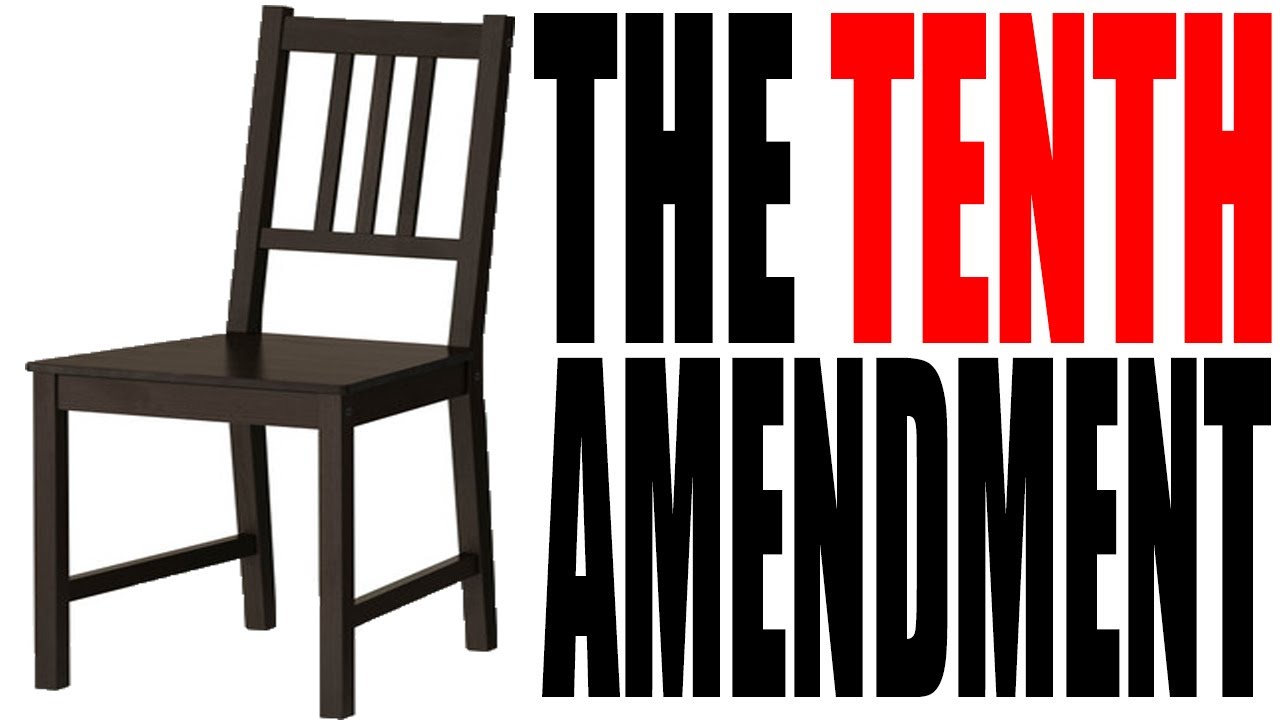
Reject, Resist and Nullify: How we Should Deal with all Unconstitutional Acts
By Michael Boldin, TAC
Most people tell me the best or even only way to deal with violations of the Constitution is to “call congress,” “vote the bums out” or to “sue them in federal court.”
Here’s a big surprise: Most people are wrong.
In short – they’re all suggesting that we ask the federal government to limit its own power. But we were warned about relying on this kind of strategy.
Thomas Jefferson and James Madison, most prominently, told us that if we ever relied on the federal government to determine the extent of its own powers that power would always grow, and grow…and grow, regardless of all the vaunted parts of the American constitutional system.
Without a doubt, history has proven that Thomas Jefferson and James Madison were right.
In early 1788, Madison gave us a four-step plan on how to stop federal programs – whether “unwarrantable” (his word for unconstitutional) or even “warrantable” but just bad policy.
A decade later, Thomas Jefferson famously drafted the Kentucky Resolutions of 1798 – reminding us that the “states are not united on a principle of unlimited submission to their general government.” And that every time the federal government exercises power outside of the constitution, a “nullification of the act is the rightful remedy.”
What’s important to note here, are some glaring omissions. The powerful means that Madison told us would be used to oppose federal power successfully did NOT include federal lawsuits in federal courts. He also did NOT include “voting the bums out” as a strategy, either.
And Jefferson told us that nullification should be our FIRST response, not something left for later on.
But Jefferson and Madison didn’t make this up – this was a widely understood principle going back to the years before the revolution – and even through the debates over the constitution.
These principles were widely known and understood as a part of the American tradition. From Patrick Henry and John Adams in opposition to the Stamp Act to some of the most prominent voices in the ratification debates years later – they all understood that acts outside of the Constitution are “acts of usurpation, and will deserve to be treated as such.”
Or as John Hancock wrote to his agent in London,
The people of this country will never suffer themselves to be made slaves of by a submission to the damned act.
On yesterday’s episode of Good Morning Liberty, I talked about this in far more detail. We have a video and a podcast version available – and plenty of links for further reading too.
CLICK HERE to watch, listen and read
And before you go, please don’t forget to consider joining the TAC right now. Our memberships start at just 2 bucks a month – we make every single dollar go a long, long way.
As we start our 14th year (we just celebrated our 13 year anniversary on June 25th), your support guarantees we can keep building on this strong foundation for the Constitution and liberty.
THANK YOU for your support!
Concordia res parvae crescunt
(small things grow great by concord)
P.S. If you prefer a one-time donation, you can pitch in online at this link:
https://tenthamendmentcenter.com/donate/
You can also mail a check to:
Our mailing address is:
Tenth Amendment Center
P.O. Box 13458
Los Angeles, CA 90013
From: tenthamendmentcenter.com